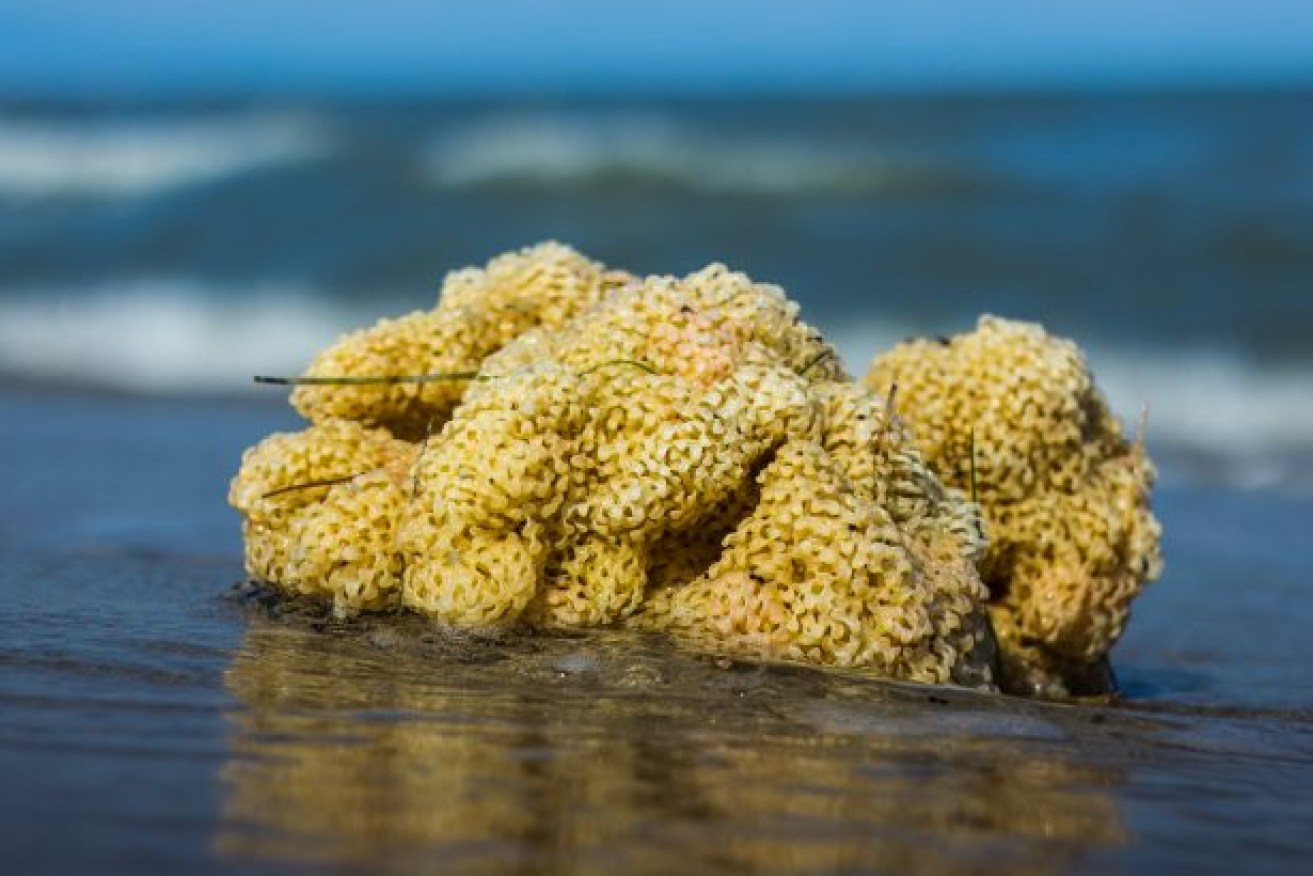UQ scientists excited by humanity’s long lost cousin – it’s a sea sponge
Scientists at the University of Queensland have discovered humans have an unlikely evolutionary cousin – a sea sponge found on the Great Barrier Reef.


Even the scientists behind the discovery said it seemed far-fetched at first, but the results of what they referred to as “genetic dark matter” may help unravel genetic diseases.
The university’s Professor Bernie Degnan said some elements of the human genome – an organism’s complete set of DNA – functioned in the same way as the sponge.
“Incredibly, these elements have been preserved across 700 million years of evolution,” Degnan said.
“This mechanism drives gene expression, which is key to species diversity across the animal kingdom.
“It’s an important piece of a puzzle over many millions of years, and will feed into future research studies across the medical, technology and life sciences fields.”
Former Degnan Lab researcher Dr Emily Wong, who now works with the Victor Chang Cardiac Research Institute and UNSW Sydney said it was a fundamental discovery in evolution and the understanding of genetic diseases, “which we never imagined was possible”.
“It was such a far-fetched idea, to begin with, but we had nothing to lose so we went for it,” Wong said.
“What we found is despite a lack of similarity between sponge and human DNA, we identified a similar set of genomic instructions that controls gene expression in both organisms – we were blown away by the results.”
The scientists said the sections of DNA that were responsible for controlling gene expression were notoriously difficult to find, study and understand.
Even though they make up a significant part of the human genome, researchers are only at the beginnings of understanding this “genetic dark matter”.
“We are interested in an important class of these regions called ‘enhancers’,” Wong said.
“Trying to find these regions based on the genome sequence alone is like looking for a light switch in a pitch-black room.
“And that’s why, up to this point, there has not been a single example of a DNA sequence enhancer that has been found to be conserved across the animal kingdom.”
Wong’s husband and paper co-senior author, Associate Professor Mathias Francois, from the Centenary Institute, said the work was incredibly exciting.
“The team focused on an ancient gene that is important in our nervous system but which also gave rise to a gene critical in heart development, and the findings will also drive biomedical research and future healthcare benefits too,” Francois said.
“The more we know about how our genes are wired, the better we are able to develop new treatments for diseases.”












